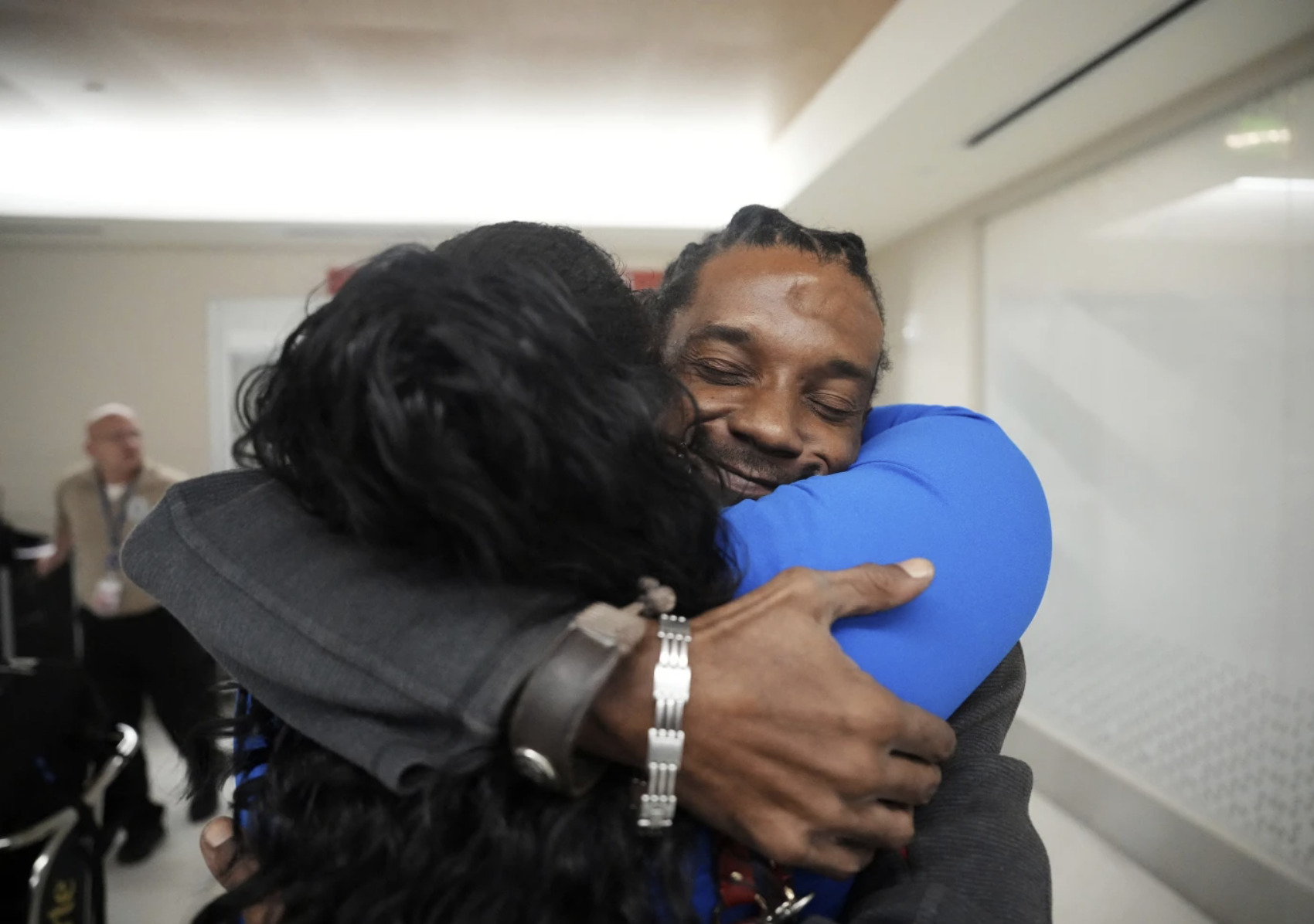
Texas and 20 states filed Texas v. DHS to challenge a process the Biden Administration established to permit nationals of specific countries to apply for and receive a two-year period of “parole”—a statutorily authorized form of temporary permission for a non-citizen to live in the United States. The Biden Administration created the first such process in April 2022, for Ukrainians; to date, no red state has challenged that process. In October 2022, DHS created a similar process for Venezuelans; then on January 5, 2023, that process was expanded to include nationals of Cuba, Haiti, and Nicaragua.
In late March, a group of seven U.S. citizens, represented by Justice Action Center, RAICES, and the Center for Immigration Law and Policy (CILP) at the UCLA School of Law, who had sponsored or were applying to sponsor noncitizens for parole through the CHNV programs, filed a motion requesting to intervene in the lawsuit as defendants, so that they can defend the legality of the parole programs alongside the federal government defendants. Judge Tipton granted that motion on April 20.
On May 12, 2023, Texas filed two motions: one to supplement its complaint to add claims regarding an unrelated policy issued by DHS two days prior, called the “Parole with Conditions” policy; and the other requesting a temporary restraining order (TRO) of that same policy (even though that policy was already subject to a Florida judge’s TRO issued the day before). Following briefing, Judge Tipton denied the motion to supplement the complaint on the ground that the proposed supplemental complaint was not sufficiently related to the existing CHNV parole challenge; he denied the motion for a TRO as moot.
A bench trial on Texas’s claims took place in Victoria, Texas on August 24-25, 2023. Post-trial briefing concluded on October 27, 2023. On the same day that post-trial briefing concluded, Intervenor Defendants filed a motion to strike Texas’s inclusion of extra-record evidence cited in its first round of post-trial briefing, briefing on the motion to strike concluded in late November 2023.
On March 8, 2024, Judge Tipton found that Texas did not establish that it has suffered harm due to the CHNV parole programs and therefore did not have standing to bring its claims. In fact, the court emphasized that Texas did not and cannot dispute that following the implementation of the CHNV parole programs, there are fewer CHNV nationals entering the U.S. and that as a result, Texas is spending less money, not more.
Just a few days later, Texas and the 20 other plaintiff states filed a notice of appeal to the Fifth Circuit from the March 8 decision and final judgment order. On June 14, a motions panel denied Texas’s motion to expedite the appeal–but in the same order, and without explanation, also directed the Clerk’s Office to implement the briefing schedule Texas had requested in its (ostensibly denied) motion to expedite.
Under the current schedule, Texas’s opening brief is due on June 26, 2024, and the brief of Appellees (the federal government and the intervenor defendants) is due on July 17, 2024.
More information about this case and other red state challenges to immigrant inclusive policies can be found at our Litigation Tracker.
News Coverage:
- 3/8/24 | New York Times | Judge Upholds Biden Program Giving Some Immigrants Short-Term Legal Status
- 3/8/24 | Washington Post | U.S. judge rejects GOP lawsuit that tried to stop Biden from paroling in migrants
- 3/8/24 | Miami Herald |Judge upholds parole program for Cubans, Venezuelans, Haitians and Nicaraguans, turns back challenge
- 3/8/24 | Associated Press | Program that allows 30,000 migrants from 4 countries into the US each month upheld by judge
- 8/29/23 | NPR AZ – Fronteras Desk | Humanitarian parole program continues for now after trial in Texas
- 8/24/23 | Miami Herald | Parole program for Cuba, Nicaragua, Haiti and Venezuela goes to trial. Will it survive?
- 8/24/23 | NBC San Antonio | Texas, 20 other states battling Biden administration over migrant parole policy
- 8/24/23 | Telemundo Noticias | Reinicia juicio donde está en juego el ‘parole’ humanitario | Noticias Telemundo
- 8/21/23 | Associated Press | A Republican lawsuit threatens a Biden immigration policy thousands have used to come to the US
- 3/29/23 | CNN | US citizens sponsoring family members join effort to defend immigration program in court
- 3/10/23 | CNN | Court rejects DOJ bid to transfer Texas immigration lawsuit because of alleged ‘judge shopping’
- 1/27/23 | Slate | Biden’s Justice Department Finally Stands Up to Out-of-Control Texas Judges
Advocacy Tools:
- Texas v. DHS Intervention Social Media Toolkit | by JAC, CILP + RAICES
Press Releases: